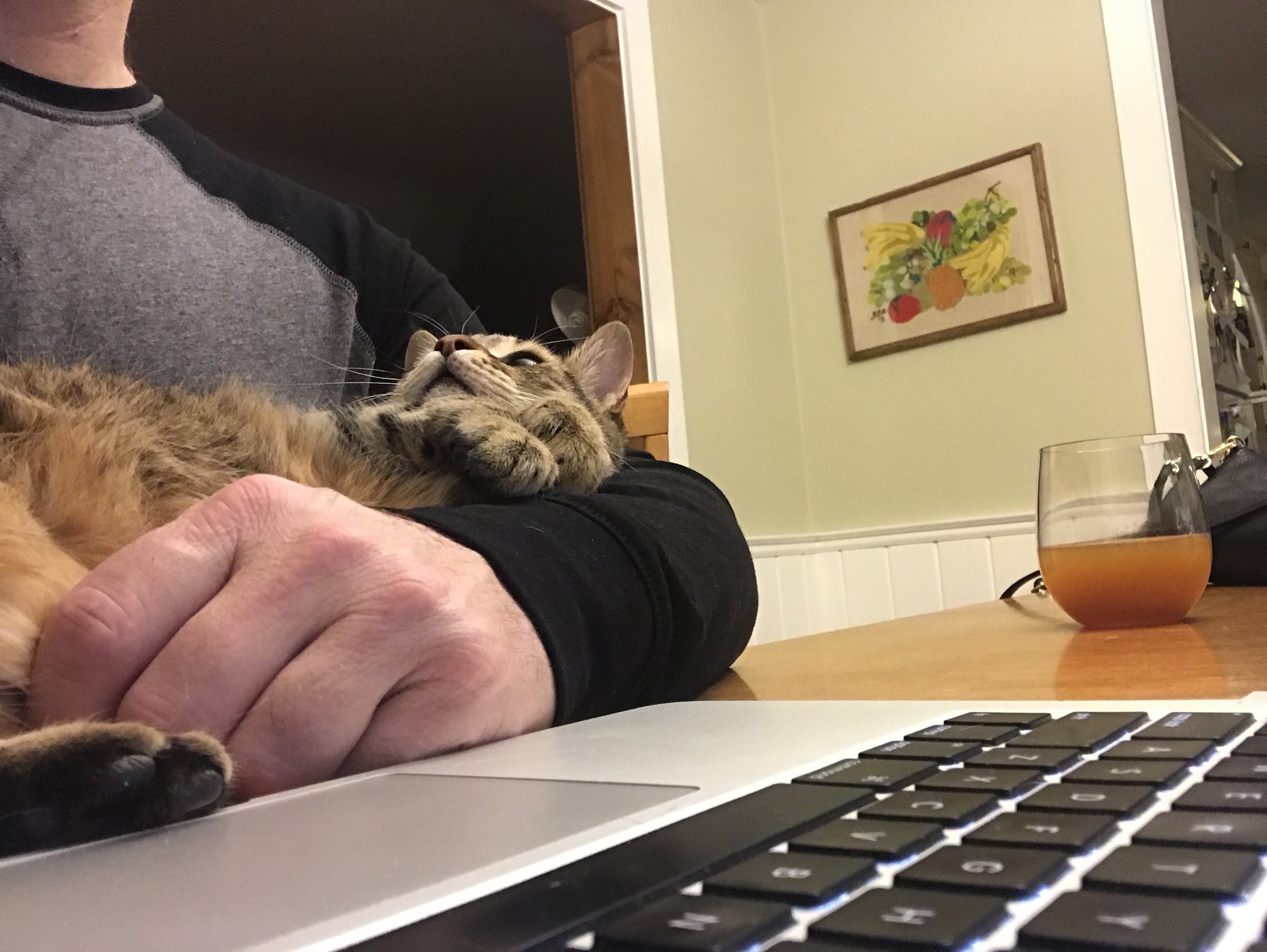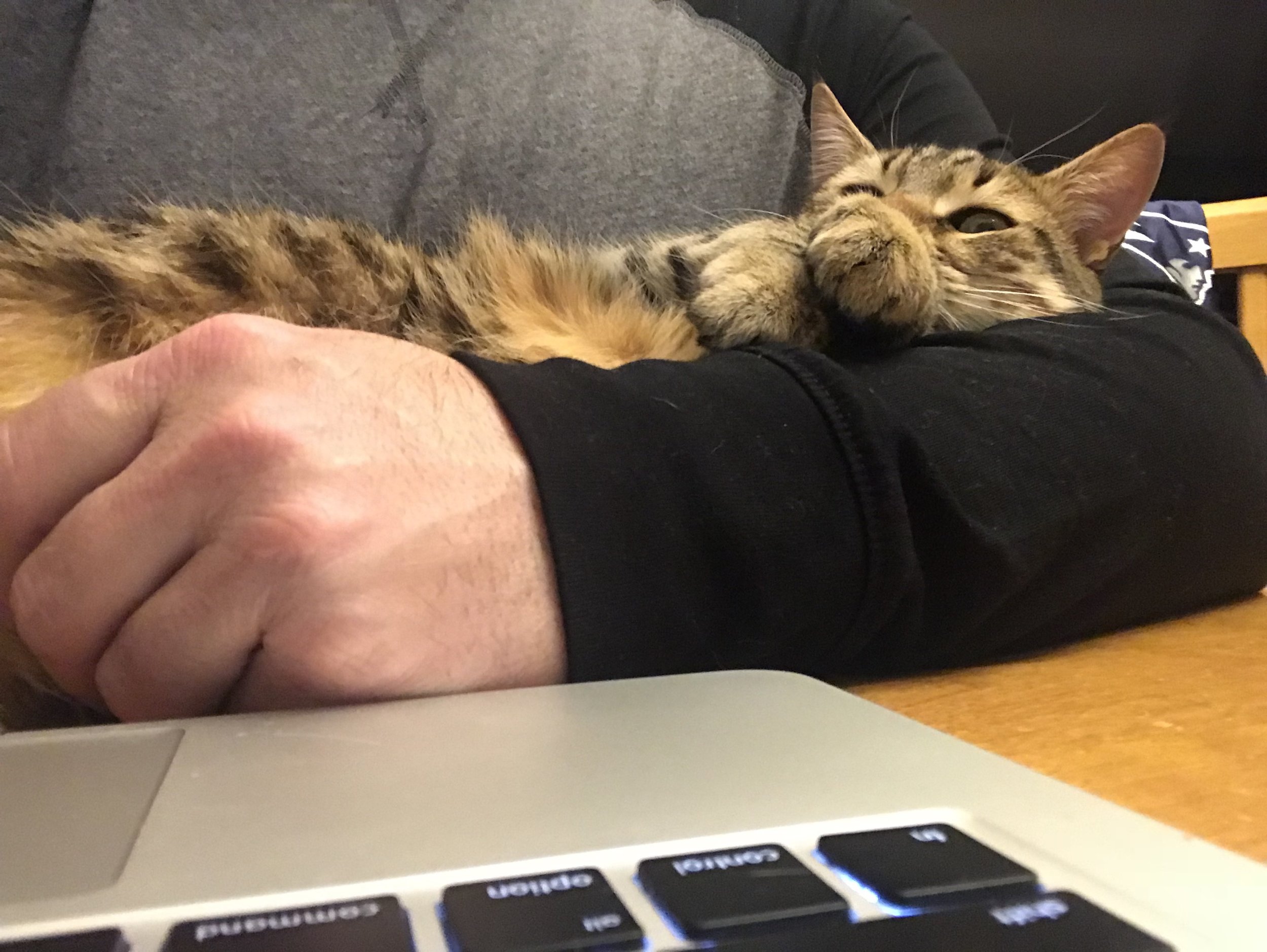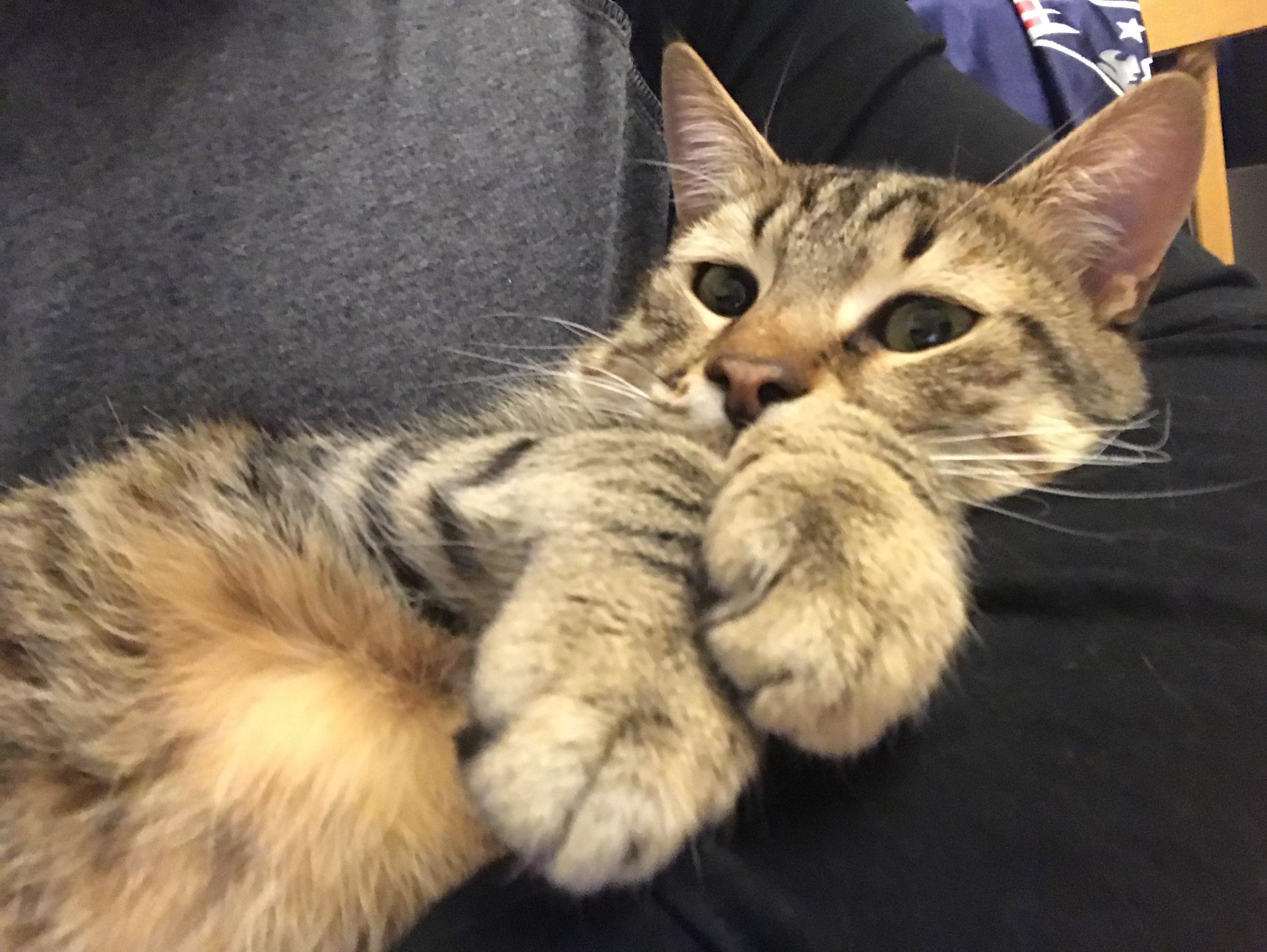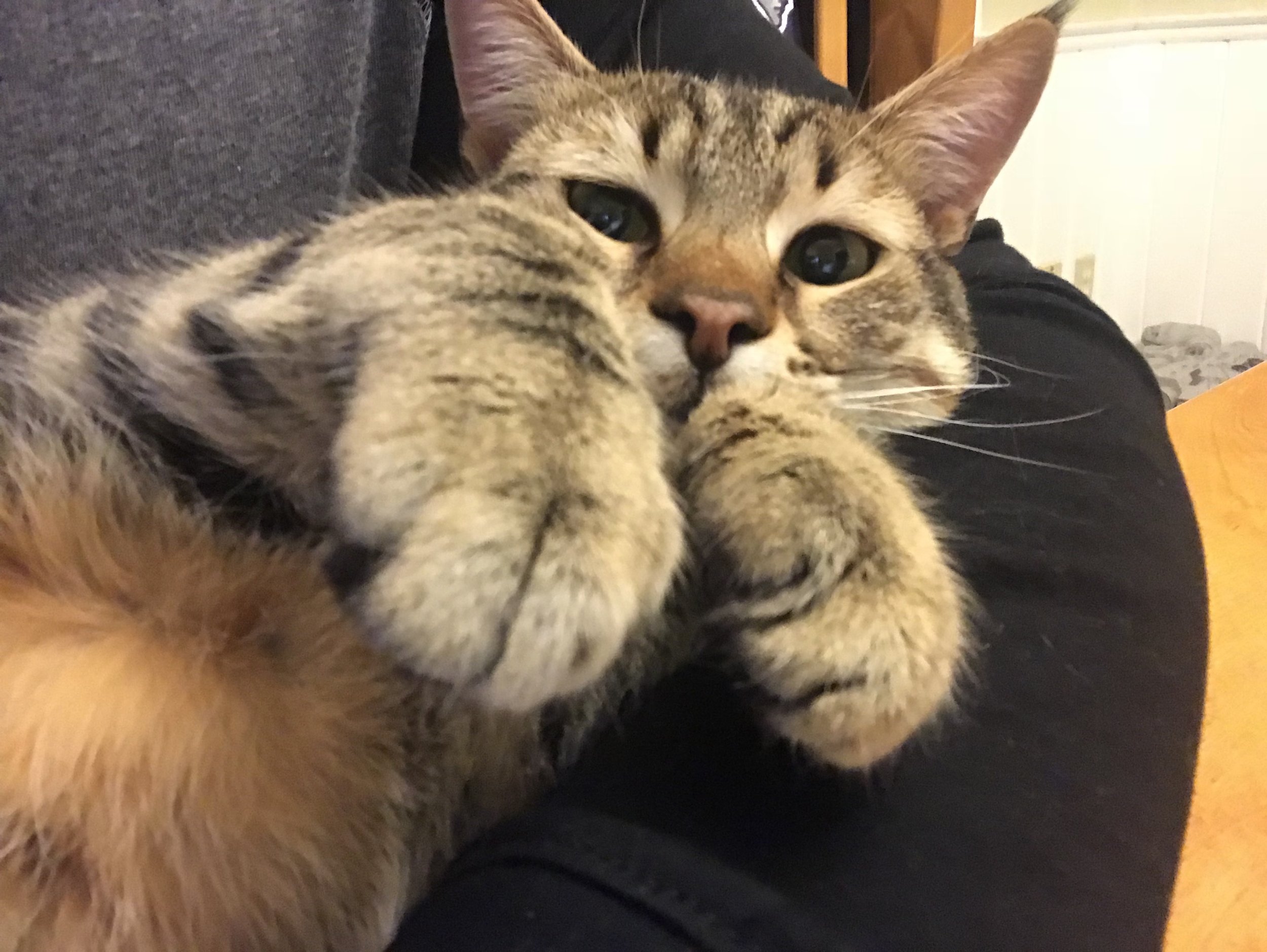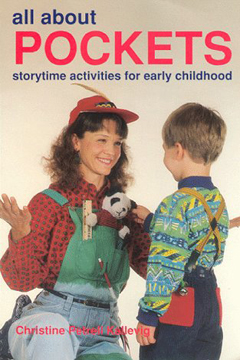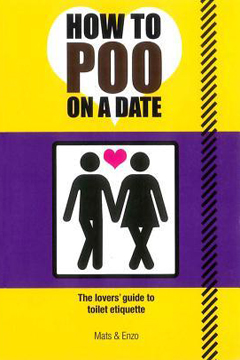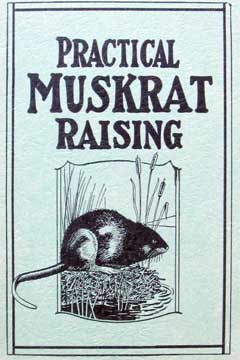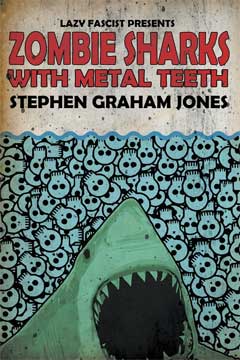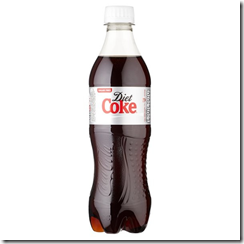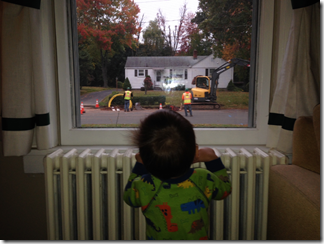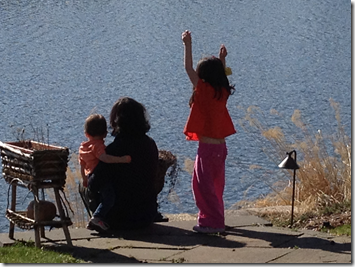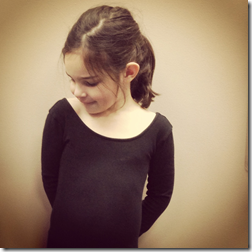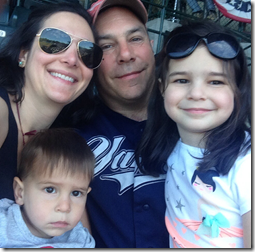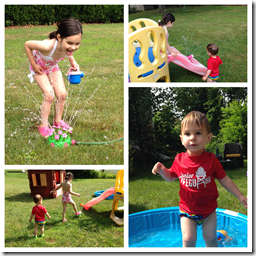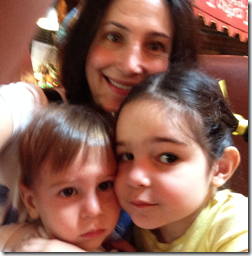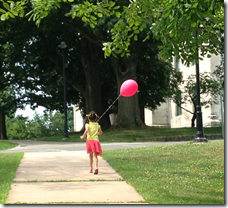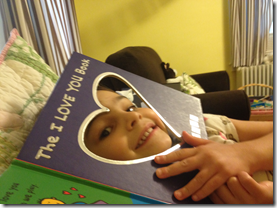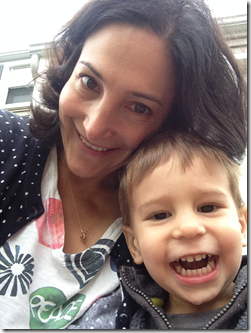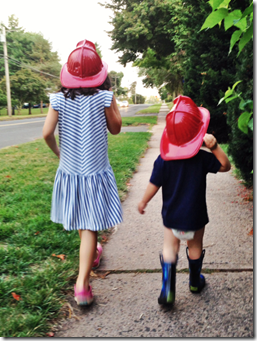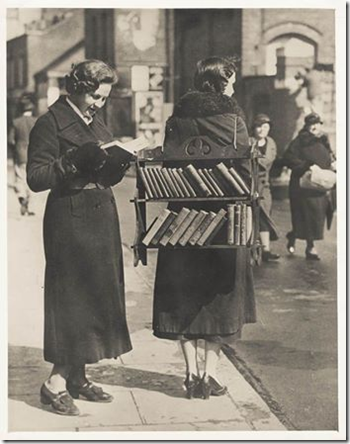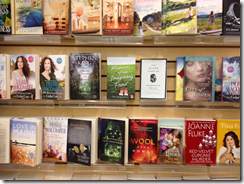I brought my son downstairs for breakfast. As we stepped into the kitchen, he saw the iPad on the counter and said, “iPad! Chair! iPad! Chair!”
This is the two year-old version way of saying, “Father, I would very much like to take a seat in my favorite chair and make use of that glorious device.”
A large part of me wanted to deny him the use of the iPad. Breakfast would be ready in five minutes. There are a thousand toys in our home that he loves.
More importantly, I was suffering from iPad guilt.
I should avoid sticking my son’s face into a screen as much as possible, including now.
Charlie continued to beg, and so I surrendered, handing him the iPad. “Thank you, Daddy!” he said, as if knowing that a polite remark of appreciation would improve his chances of getting the device again in the future.
I started to make breakfast, feeling the weight of parental failure on my shoulders. I had done the modern day equivalent of what my parents did to me: Stick the kid in front of the television so he would stop whining.
I was ruining my son’s life. Destroying his attention span. Stealing his boyhood creativity. Taking the easy road.
Breakfast complete, I returned to Charlie to extract the iPad from his tiny clutches. I looked down. I saw this:
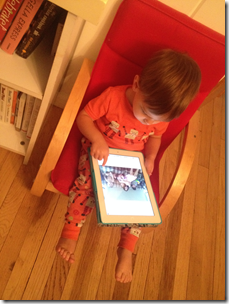

Charlie was sitting in his chair, scrolling through the hundreds of photographs of the family, calling out his sister’s name and touching his mother’s face and whispering, “Momma” whenever he saw it.
In that moment, I dispensed, once and for all, with iPad guilt.
For some incredibly stupid reason, I had decided long ago that smashing a toy fire truck into a toy bus while making growling sounds was an infinitely more valuable use of my son’s time than using an iPad.
Why is that?
My son sat down in his chair with the tablet, and of all the choices he had (and there were a lot), he opted to peruse the photo album. Had he come downstairs and demanded an actual photo album from the shelf, with real photographs, I would’ve been pleased. Ecstatic, even.
But on a screen? Not as good, or at least I used to think so.
I left Charlie on the iPad, scrolling through photos, while I folded the laundry. About ten minutes later, he closed the photo album and opened an interactive book. A narrator reads the fairy tale aloud as Charlie touches the characters to make them speak and act.
I realized that had Charlie grabbed a physical book and flipped through the pages, I would’ve been pleased.
But reading an interactive book on an iPad? Not as good.
This point of view, however, is insane. Charlie can’t read yet. Charlie flips through books on his own all the time, calling out colors, letters, and the names of objects. The poor boy wanted to actually hear the story read aloud, but for some inane reason, I saw this as a failure on both his and my part.
No more. No longer will I be sucked into this nostalgic, idealized, moronic view of parenting. As I’ve written about before, Charlie knows all of the letters of the alphabet thanks to the iPad. Without my wife or I encouraging, directing, or participating in any way, he learned to identify every letter, upper and lowercase. and knows the sounds that many of these letters make.
In a million years, I couldn't have taught my two year-old son this skill, and I’m an elementary school teacher. But a cleverly designed app, that is both fun, interactive, and deceptively instructive, did the job.
How could I ever think of this was time wasted?
No longer will I view my children’s childhood through the lens of my own childhood, valuing the choices of my childhood over the rest. My children are growing up in a world in which they will do the vast majority of their writing and reading on a screen. They are growing up in a world where technological ability and efficiency are no longer prized. They are required.
I should not be worried that my two year-old son can operate the iPad, finding photo albums, music, books, videos, and learning games without our help.
I should be thrilled.
Please don’t get me wrong. We don’t let him use the iPad often, and this release of guilt will not change that. We don’t allow him to use the iPad for long stretches. We limit his time, say no to his requests for often than not, and believe that his day should primarily be filled with physical activity and time spend looking and listening and communicating with his family.
But some time spent with technology when his father is making breakfast, folding the laundry, writing an important email, emptying the dishwasher, sweeping the floor, or driving long distances?
No guilt. Not any more.
